Bahraini movement: 2011 uprising to continue until Al Khalifah regime falls
A Bahraini protest movement says the country’s 2011 uprising will continue until the fall of the Al Khalifah regime and the establishment of a democratic political system in Bahrain.
The February 14 Youth Coalition said in a Sunday statement that the Bahraini people will continue their struggle until the victory of their revolution and the establishment of a pluralistic and democratic political system.
“The flame, sparkle, and motivation of Bahrain’s popular revolution, which started on February 14, 2011, is still alight given the righteousness of its demands, and it will not be extinguished until the fall of the Al Khalifa regime, the overthrow of Hamad the dictator, and the expulsion of his oppressive and occupying clan as well as his allies and mercenaries,” the movement said, according to Iran’s official IRNA news agency.
Demonstrations have been held in Bahrain on a regular basis ever since a popular uprising began on February 14, 2011. The participants demand that the Al Khalifah regime relinquish power and allow a just system representing all Bahrainis to be established.
The Manama regime, however, has responded to demands for social equality with an iron fist, clamping down on the voices of dissent.
In March 2017, Bahrain’s parliament approved the trial of opposition civilians at military tribunals in a measure blasted by human rights campaigners as being tantamount to the imposition of an undeclared martial law.
The monarch, King Hamad, ratified the constitutional amendment in April 2017, bringing about further suppression of political dissent on the tiny Persian Gulf Island under the strong influence of the Saudi regime.
The February 14 Youth Coalition also said the Al Khalifa regime has turned to the normalization of relations with the Zionist regime to save its rule, adding, “Al Khalifa has turned Bahrain into a base for the Zionist settlers.”
In order to maintain power and prevent its fall, the protest movement continued, the Al Khalifa regime tried to “settle them and grant them Bahraini citizenship. It provided them with all the economic, political and security power and military bases, but the fall of the Al-Khalifa regime at the hands of the people is certain.”
Bahrain and the United Arab Emirates signed US-brokered normalization agreements with Israel in an event in Washington in September 2020. Sudan and Morocco followed suit later in the year and inked similar US-brokered normalization deals with the occupying regime.
Since then, the Bahraini people have repeatedly expressed their opposition to the normalization of ties with the Israeli regime by holding demonstrations. Bahrain’s main opposition group al-Wefaq and the kingdom’s top cleric Sheikh Isa Qassim have also repeatedly condemned the normalization move made by the al-Khalifah dynasty.
According to the February 14 Youth Coalition, real reforms will only come after the departure of the Al Khalifa regime, the departure of its security and military advisers, and the expulsion of Zionist settlers granted citizenship by Al Khalifa.
“Demand for reforming a corrupt and autocratic power that controls the reins of government has become an unrealistic demand and will never be fulfilled,” it said.
The protest movement asserted that the Al Khalifa regime has proven over the years that it does not believe in popular participation, in the real participation of the political opposition in governance, nor in the status of citizenship, and it has been emboldened by the Saudi and UAE regimes.
IRGC intelligence dismantles MKO, monarchist terror cells in NE Iran
‘Permits of humiliation’: Israel targets Christian schools in al-Quds
Over 470 terrorists, riot ringleaders captured across Iran
UNRWA chief warns about 'record highs' of diseases in Gaza amid Israeli siege
Israeli agricultural exports face looming 'collapse' amid boycotts over Gaza genocide
VIDEO | Canadians preparing to hold more rallies in solidarity with Venezuela
VIDEO | Iranian national Mahdieh Esfandiari goes on trial for supporting Palestine
VIDEO | Italian farmers launch protest campaign against EU-Mercosur free trade deal


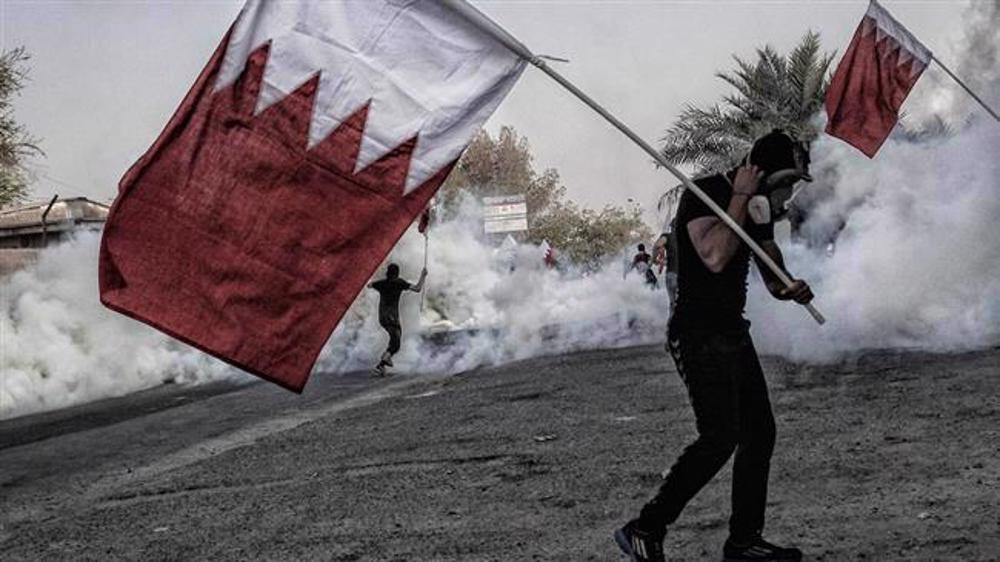
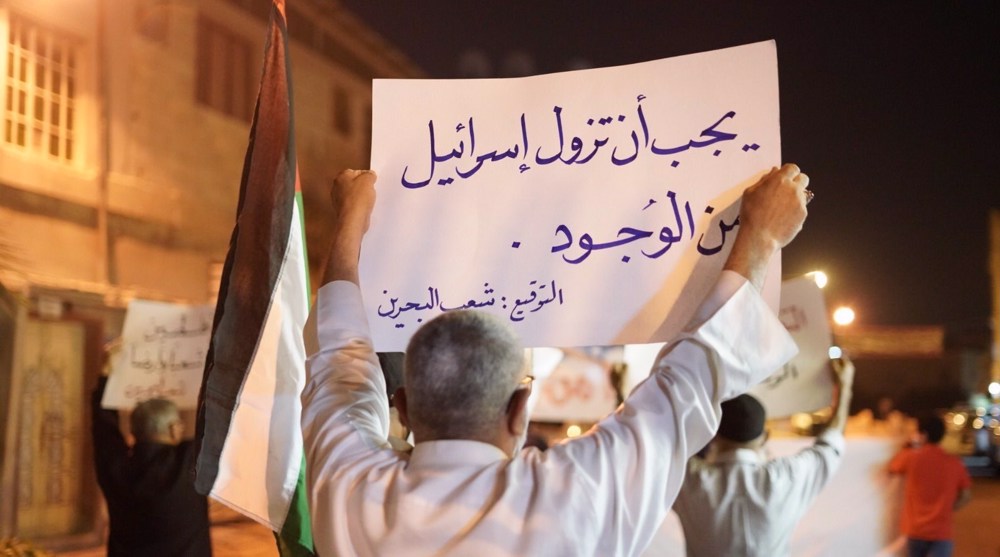
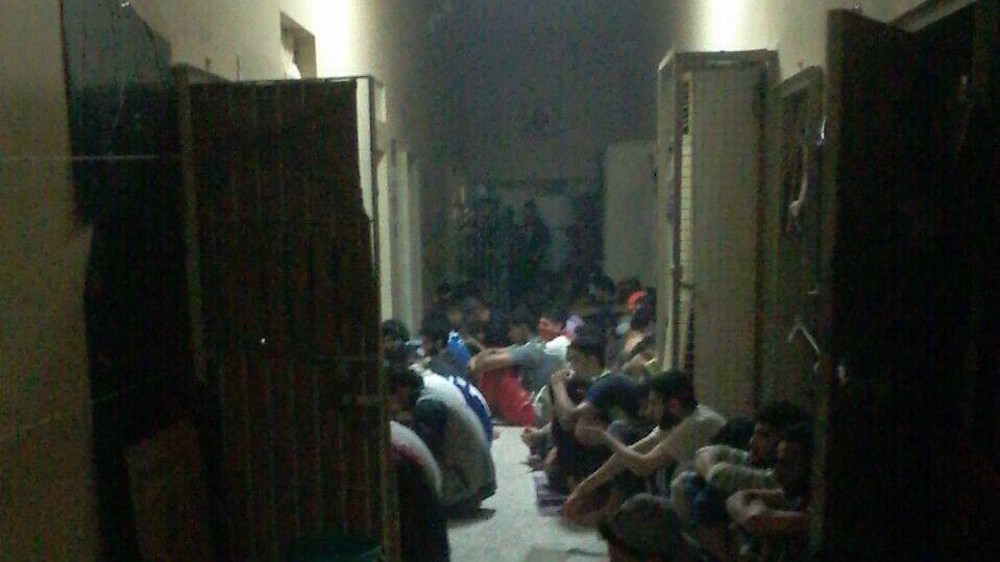
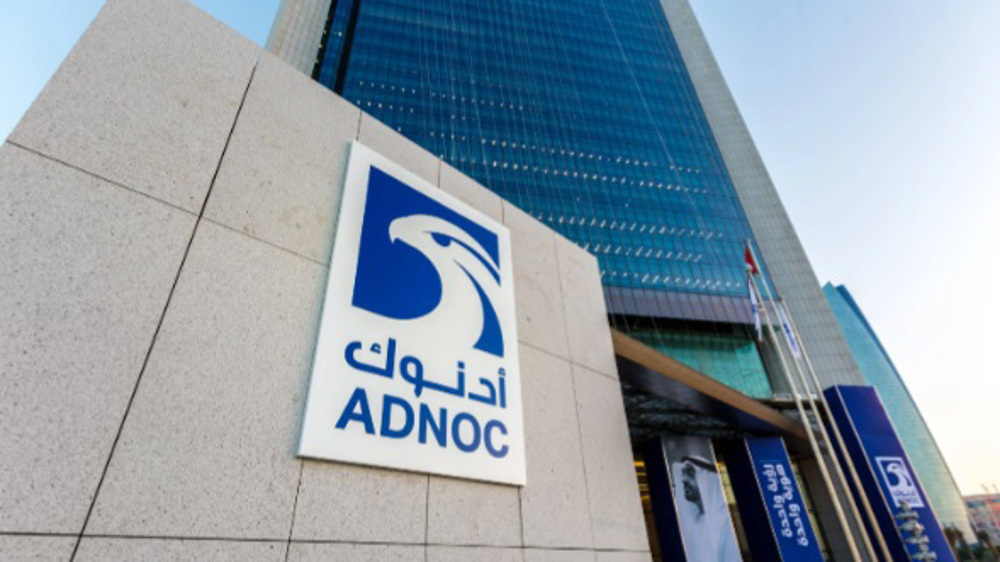
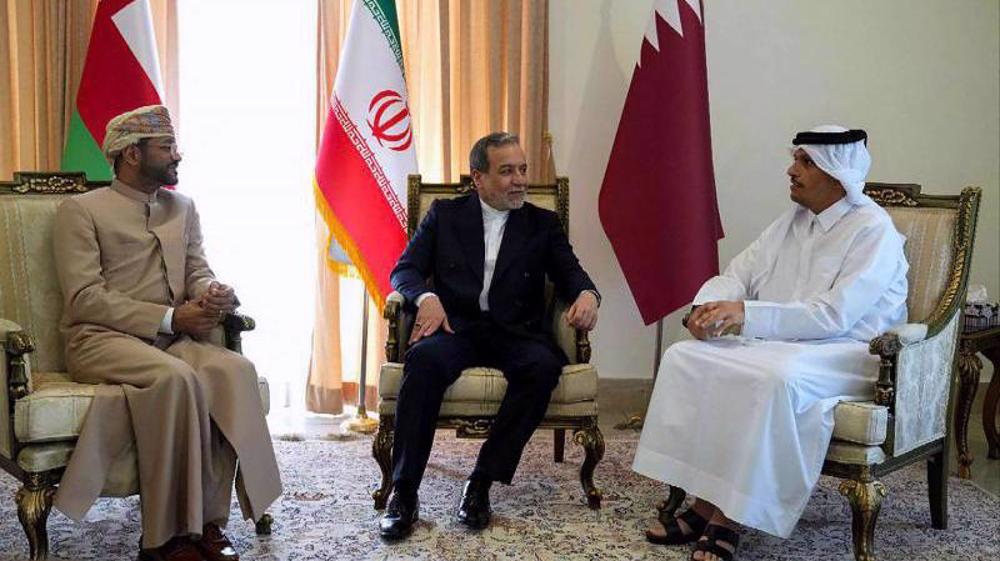
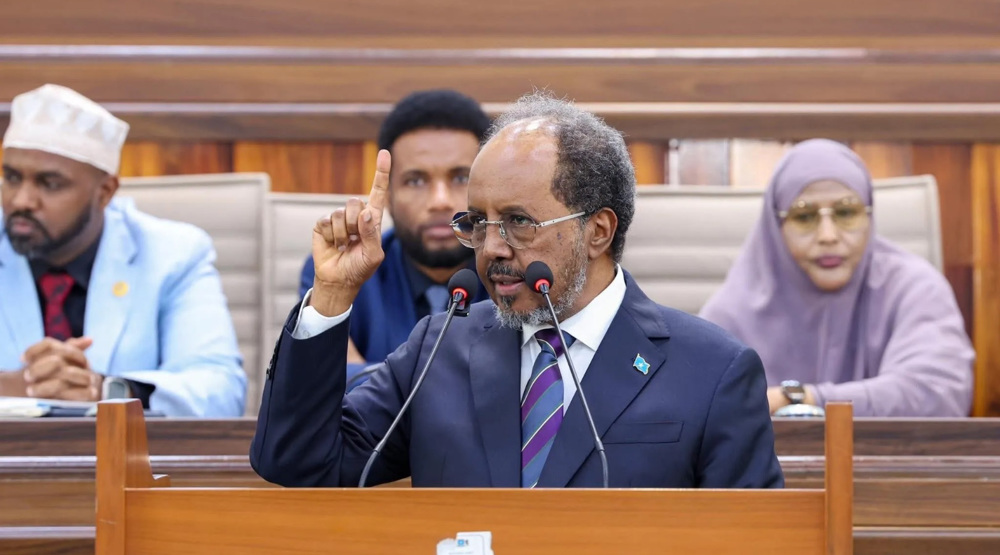



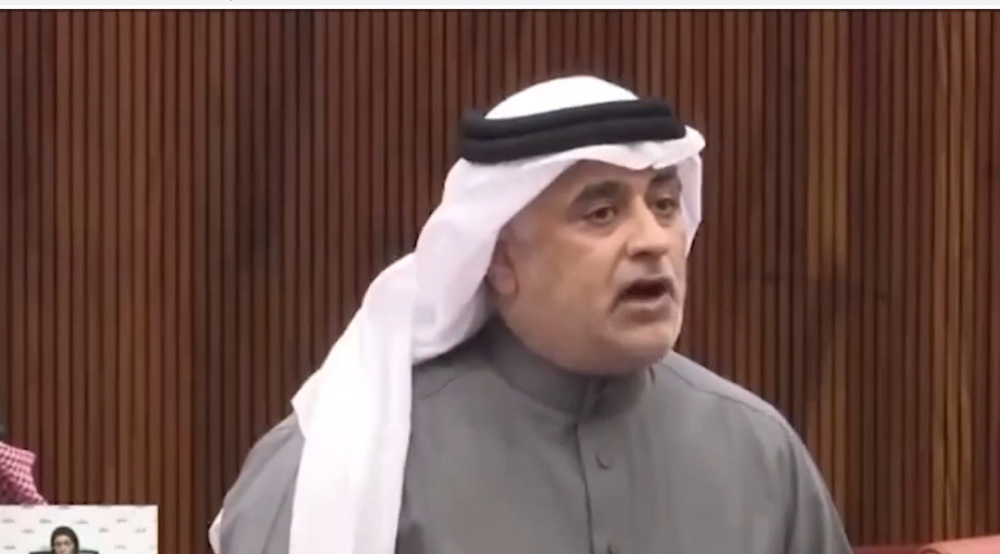
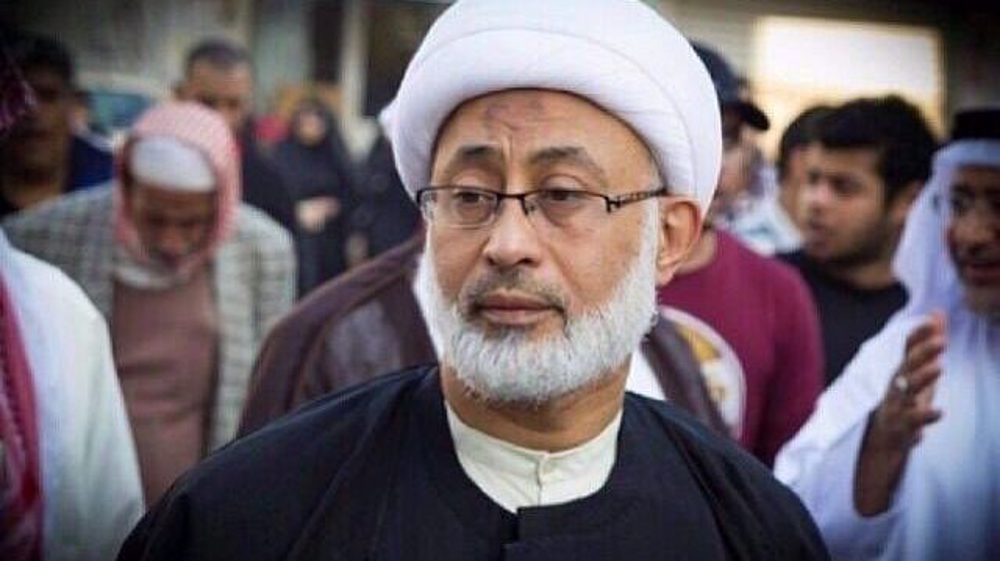
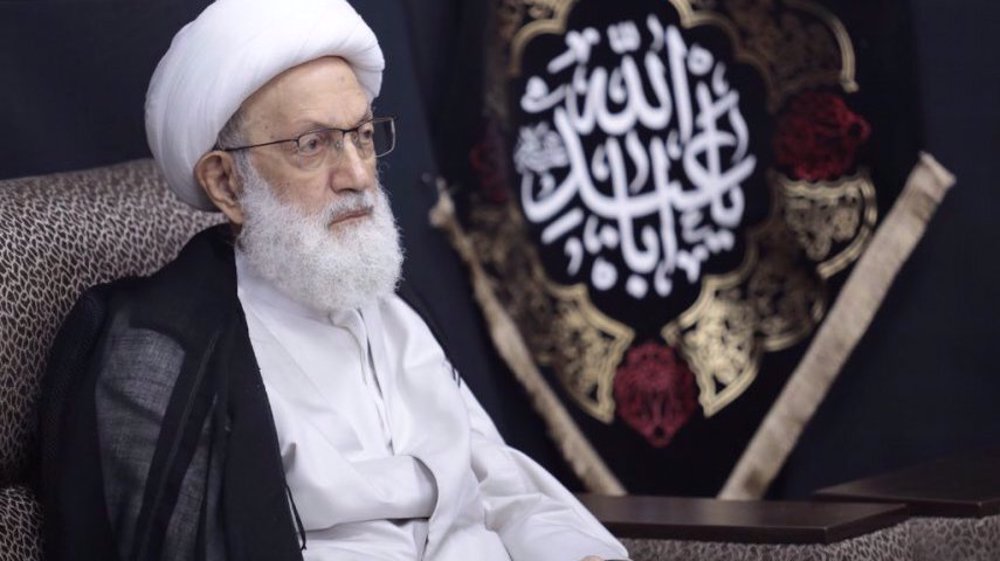

 This makes it easy to access the Press TV website
This makes it easy to access the Press TV website